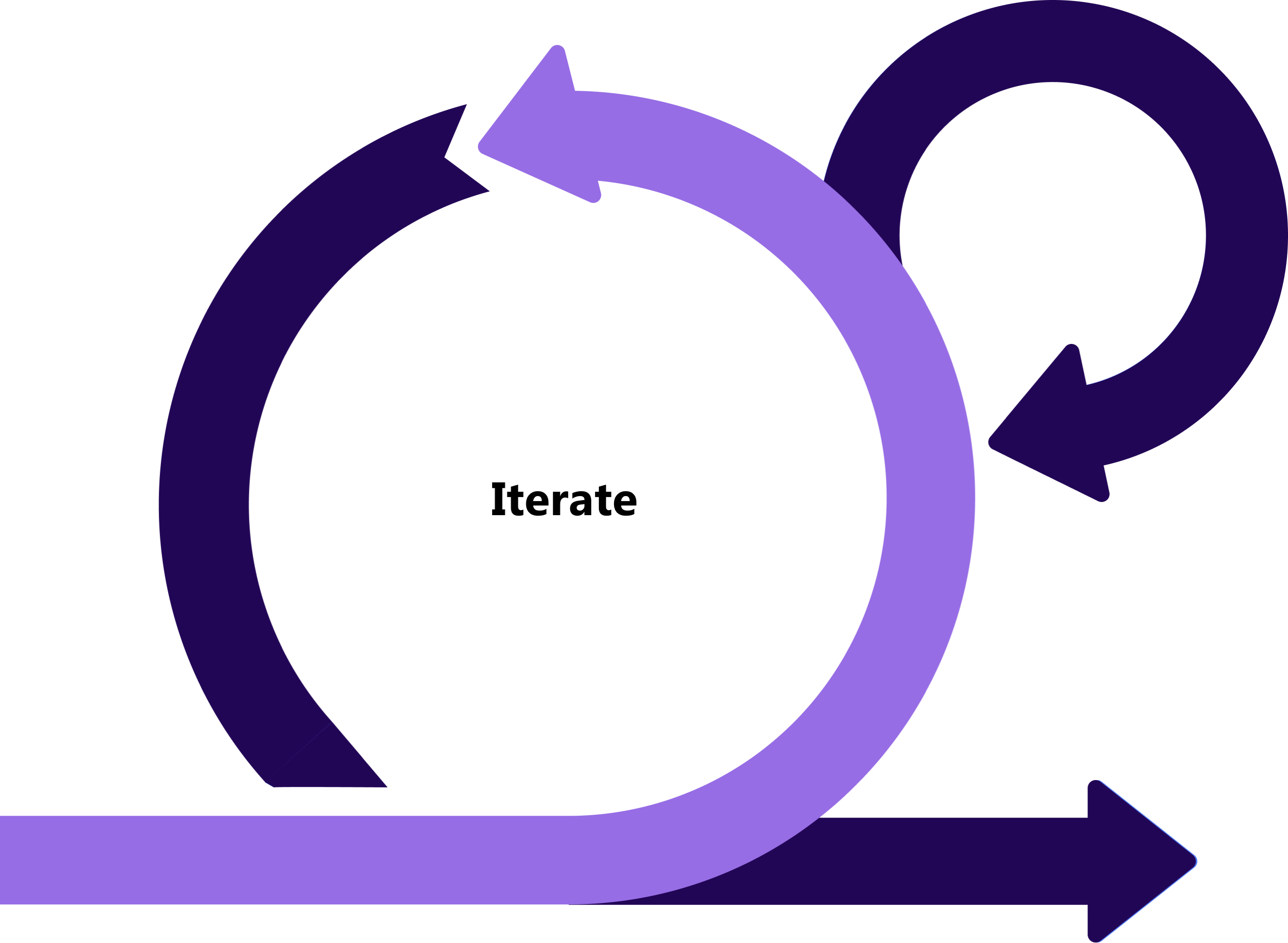¶ Iterate
¶ What it is
When we iterate a concept or specific aspects, we change them based on available data from real-world feedback/experimentation. We find what does not work/does not work optimally, use the data to determine why and how, and find ways to change it. Iterations are tactical changes, meaning the larger vision and strategy for the concept or aspects of the concept remain intact, and we change how we execute against it.
¶ Why it is useful
Iterations are essential in innovation as a key way to work learnings into a concept to make it stronger. It helps improve the overall system of value.
¶ When to use it
Whenever we learn from an experiment that a Tactical Assumption is wrong or that a Strategic Assumption needs to be reformulated to be correct, then an Iteration on these concerns is also in order.

¶ How is it done
- When an experiment conclusively tells you that an existing Tactical assumption is incorrect or that an existing Strategic assumption needs to be changed to be entirely correct, review the aspects of the concept this relates to (Desirability / Feasibility / Viability) and the particular operational area of impact.
- Consider the impact of that new knowledge on the area it applies to and discuss as a team how you can adjust your concept to make it work for the reality that you have uncovered.
- Make the necessary change in the concept and review what impact this has on other parts of the concept. Modify the concept until it is fully coherent with the newly iterated aspect.
¶ Do's & Don't
Do's
- Take the time to discuss the implications of your learning on all levels before making changes.
- After you conclude what needs to change, do a little brainstorming on ways to change it to ensure you have explored possibilities comprehensively.
- Leverage creative and selection exercises from Concepting to develop ideas and directions for Iterations.
Don't
- Don’t jump the gun on changing things quickly without deep reflection or impact analysis.
¶ Tools needed
- Whiteboard (physical or virtual)
- Post-it notes (physical or virtual)
- Concept Card